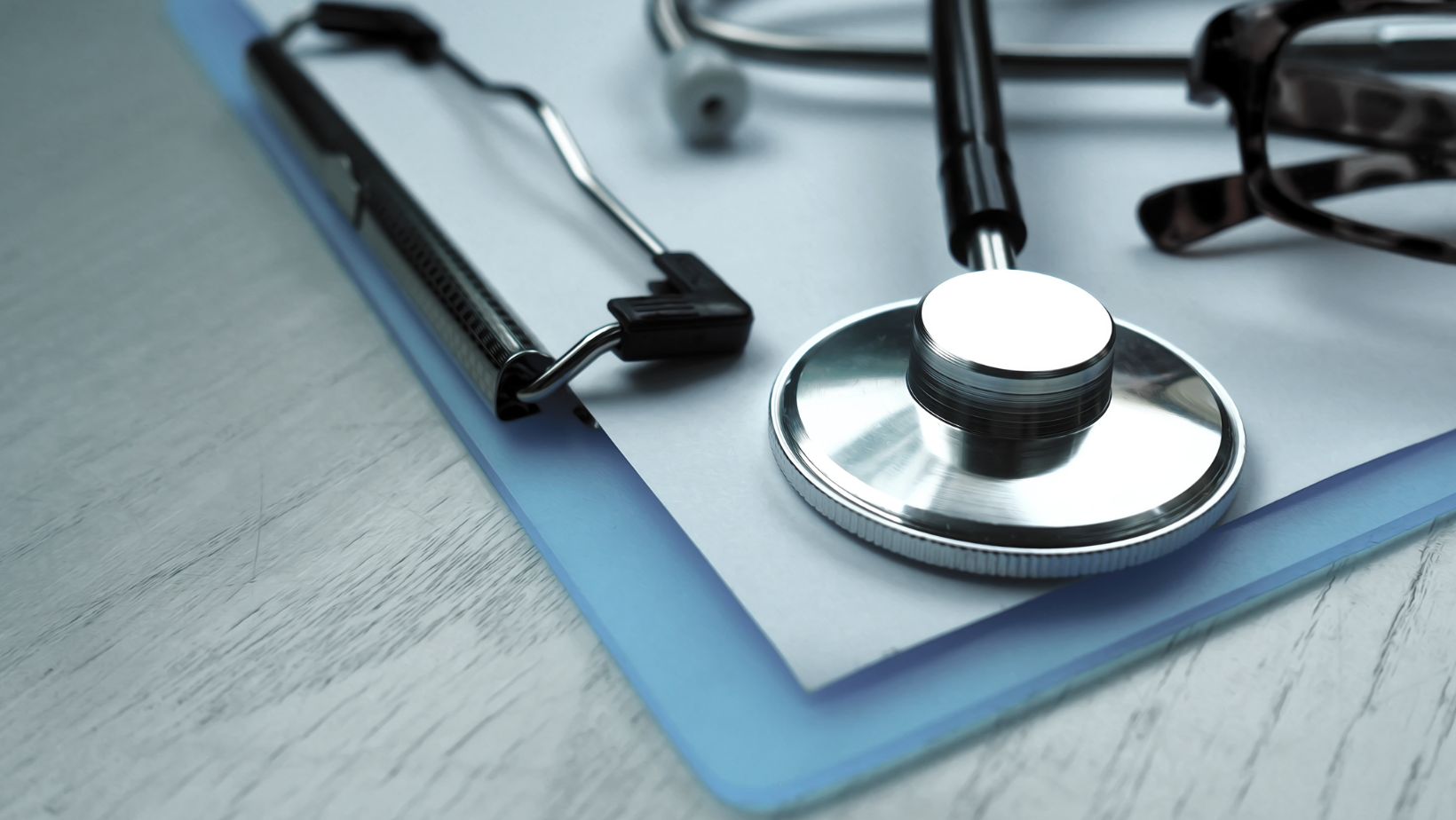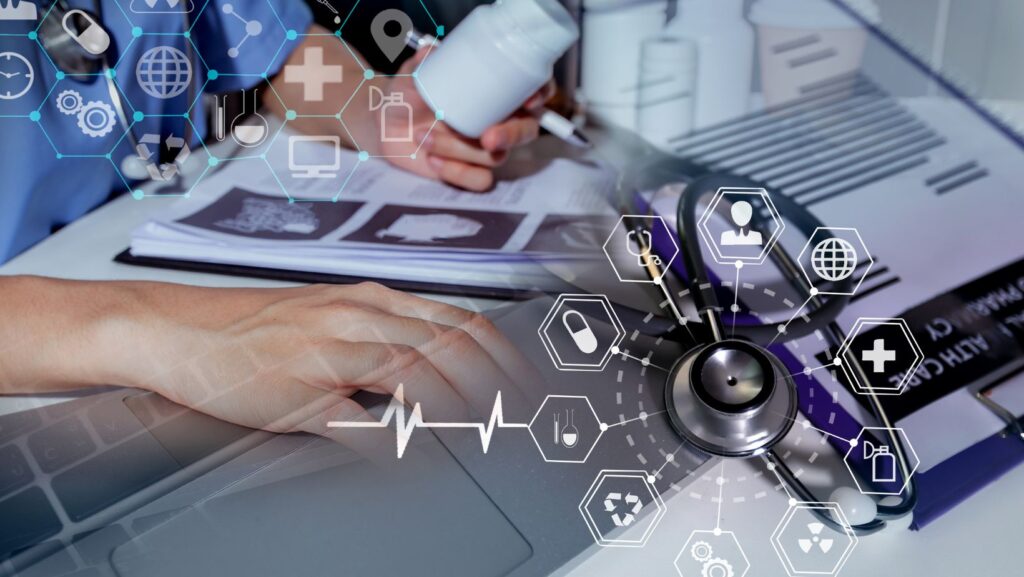It is surprising that facsimile machines are still relevant in this era in hospitals and other healthcare organizations. Many health facilities use electronic records and messaging services, but still use fax technology to share sensitive files. Fax provides a secure method of transmitting documents where unauthorized individuals cannot access sensitive medical information.
Physicians generally use modern fax solutions to share documents with pharmacies and laboratories, and insurance companies while complying with the strict data security regulations. This article will explain why fax technology is still used by healthcare organizations.
Security
Fax technology has dominated the healthcare industry for decades for good reasons. First, hospitals handle documents with sensitive information and billing data that criminals can use to make money. Healthcare professionals are required to protect patient information and respect their privacy. Facsimile machines use a phone line that transmits documents to another machine with very low risk of access by a third party.
Fax technology has evolved, but the improvements have not compromised the security of this technology. Hospitals today use healthcare-ready fax technology to securely share patient records and confidential information. However, they do not necessarily need a traditional facsimile machine since modern fax technology allows them to receive the medical documents through their emails or online platforms.
Compatibility With Other Systems
Fax has been in use for decades, and it operates the same way everywhere. This means it has standard features trusted by healthcare organizations. However, the features of electronic medical records are not standard in all hospitals. Each organization can use a different system as long as it is secure and reliable.
Fax machines allow hospitals to share medical records with other hospitals and pharmacies using well-known technology. However, hospitals may not use the electronic medical record system to share these documents since some healthcare organizations use an incompatible electronic system.
Ease of Use
Technology improves efficiency and saves resources, but it can be a hindrance when users face technical hitches. Fax technology has stood the test of time and does not need advanced skills to send or receive medical documents.

Anyone with basic skills can securely transmit and receive records without trouble. The modern electronic faxing is also easy to use and even more convenient. Anyone who knows how to send regular emails can send or retrieve medical documents as long as they have a reliable internet connection.
Cost Effectiveness
Many hospitals already have computers and internet connections. Enrolling for a fax solution only requires the subscription fees. Hospital administrators do not need to buy additional hardware or infrastructure. They also don’t need a physical facsimile machine or printing papers and ink. However, fax solutions allow them to share sensitive documents with other medical professionals without additional costs.
Compliance
Privacy and data protection are a top priority in healthcare. This means that hospitals must protect their patients’ data and comply with HIPAA and other policies when handling sensitive documents. Fax technology is secure and unlikely to violate data privacy.
The traditional facsimile machines are not easy targets for hackers, while modern electronic fax platforms have advanced security features. This means that healthcare organizations can use fax technology to improve data security and avoid violating HIPAA rules.
Fax technology might seem outdated, but it is still used by many healthcare providers. Fax is known for data privacy, security, convenience, and cost effectiveness. So, organizations that use other technologies to send and receive medical data should consider using electronic fax to enjoy these benefits.
